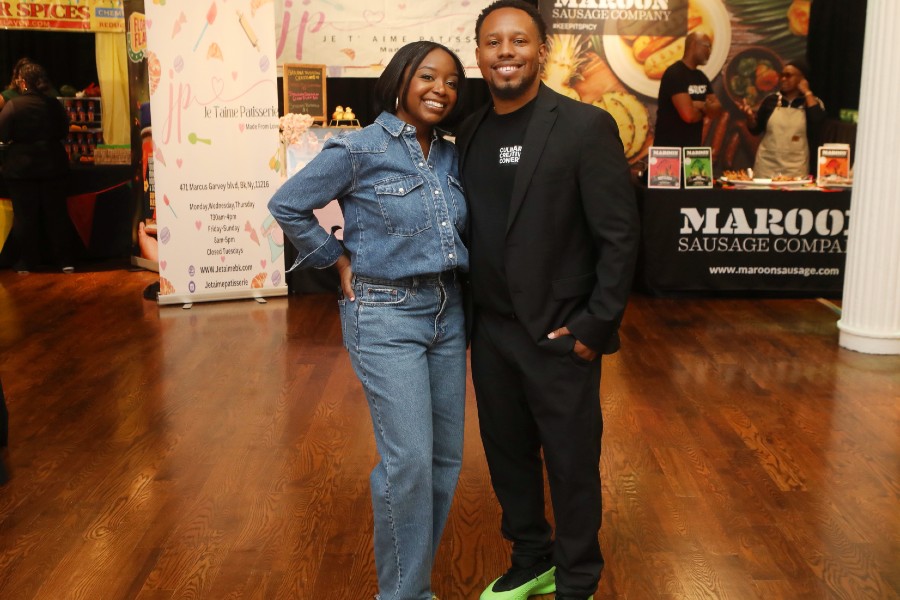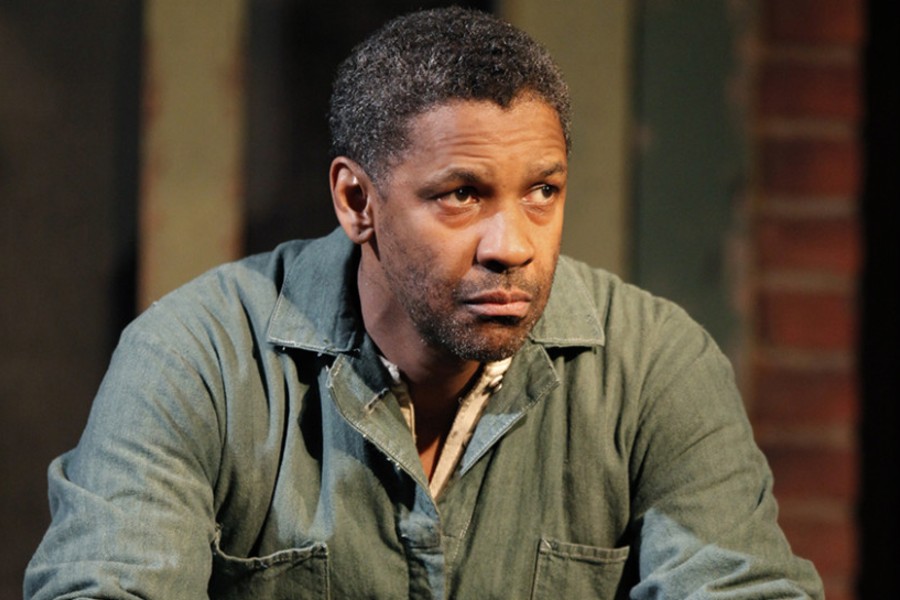 Eugenio Arango, better known as Totico, a Cuban-born percussionist and singer who was one of the most celebrated figures in the drumming, dancing and singing culture of New York rumba, died on Jan. 21 in the Bronx, where he lived. He was 76.
Eugenio Arango, better known as Totico, a Cuban-born percussionist and singer who was one of the most celebrated figures in the drumming, dancing and singing culture of New York rumba, died on Jan. 21 in the Bronx, where he lived. He was 76.
His death, in a hospice, was confirmed by his godson, the percussionist Carlos Sanchez, who did not specify the cause.
[youtube=http://www.youtube.com/watch?v=2dfDake_EpE&w=480&h=390]
Born on June 2, 1934, in the Los Sitios district of Havana, Mr. Arango was a dockworker who played in local rumba circles; he shipped out of Cuba as a merchant seaman in 1959, landing in Boston and then moving to New York City.
He appeared on the jazz drummer Max Roach’s 1961 album “Percussion Bitter Sweet,” and with the Cuban flutist and violinist Pupi Legarreta’s charanga group on the 1963 record “Salsa Nova con Pupi Legarreta.” Later in the decade he recorded some of the most famous examples of rumba, the secular, percussion-forward Afro-Cuban music associated with street convocations and dancing — a sound that floats serene vocal melodies over interweaving drums.
(his music inspired)…the cross-generational and cross-cultural ritual of the rumba circles in places like Orchard Beach in the Bronx, Marcus Garvey Park in Harlem, Central Park.
Mr. Arango was an important singer in this style, with a strong, lean, high voice. He is best known for his role in the album “Patato & Totico,” released by Verve in 1968, which documented a historic arrangement of musicians: Mr. Arango and Carlos (Patato) Valdez sang and drummed in front of a group including the tres player Arsenio Rodríguez and the bassist Israel (Cachao) López, two of the most influential Cuban artists of the 20th century. That album also fed a social phenomenon in New York: the cross-generational and cross-cultural ritual of the rumba circles in places like Orchard Beach in the Bronx, Marcus Garvey Park in Harlem, and Central Park.
More and more through the 1960s, Afro-Cubans, New York Puerto Ricans and African-Americans convened on Sunday afternoons to play various kinds of rumba; the music united people of different backgrounds forming their own connections to Afro-Latin culture and history. When “Patato & Totico” was released there were few other recorded examples of authentic rumba played by Cubans in New York City. The record became a primary document of the rumba subculture, something to emulate and practice along with.
“Any rumbero who was worth anything would have picked it up,” said Mr. Sanchez, who started playing with Mr. Arango in 1975, usually for religious ceremonies. In a forthcoming essay for Centro Journal, Berta Jottar, an independent scholar who writes about New York rumba history, calls the record a “national hymn” for the so-called Nuyorican generation coming of age in the 1960s and ’70s.
Mr. Arango played in some nightclub bands in those years and made a few salsa records with the Puerto Rican percussionist Kako Bastar, under the name Kako y Totico. But he directed himself, musically and otherwise, more toward Santería, the Afro-Cuban religion for which he made religious articles for altars and rituals — which he sold directly or through local botanicas — and in which he would eventually become a high priest, or babalawo. And he taught many younger drummers, particularly in the 6/8 rhythms of the ceremonial style called guiro.
Another important album, “Totico y sus Rumberos” (1982), extended the model of “Patato & Totico,” with the Cuban percussionist Orlando (Puntillo) Rios and a younger generation of Afro-Latin rumberos. The cover depicts the album’s 11 musicians arranged around a lamppost near the Orchard Beach pavilion; inside are stately religious chants, rumba and a startling version of the 1962 doo-wop hit “What’s Your Name,” with drumming in Cuban clave rhythm.
Mr. Arango’s survivors include his wife, Zunilda Arango, and a daughter, Lazara Arango.
By BEN RATLIFF
Related articles
Become a Harlem Insider!
By submitting this form, you are consenting to receive marketing emails from: . You can revoke your consent to receive emails at any time by using the SafeUnsubscribe® link, found at the bottom of every email. Emails are serviced by Constant Contact
























